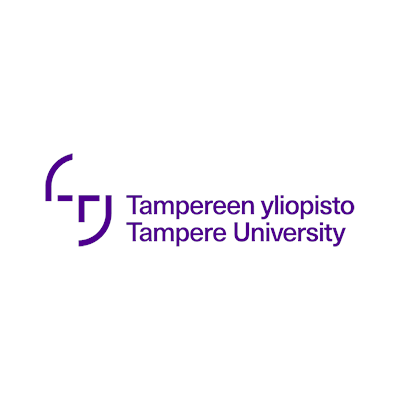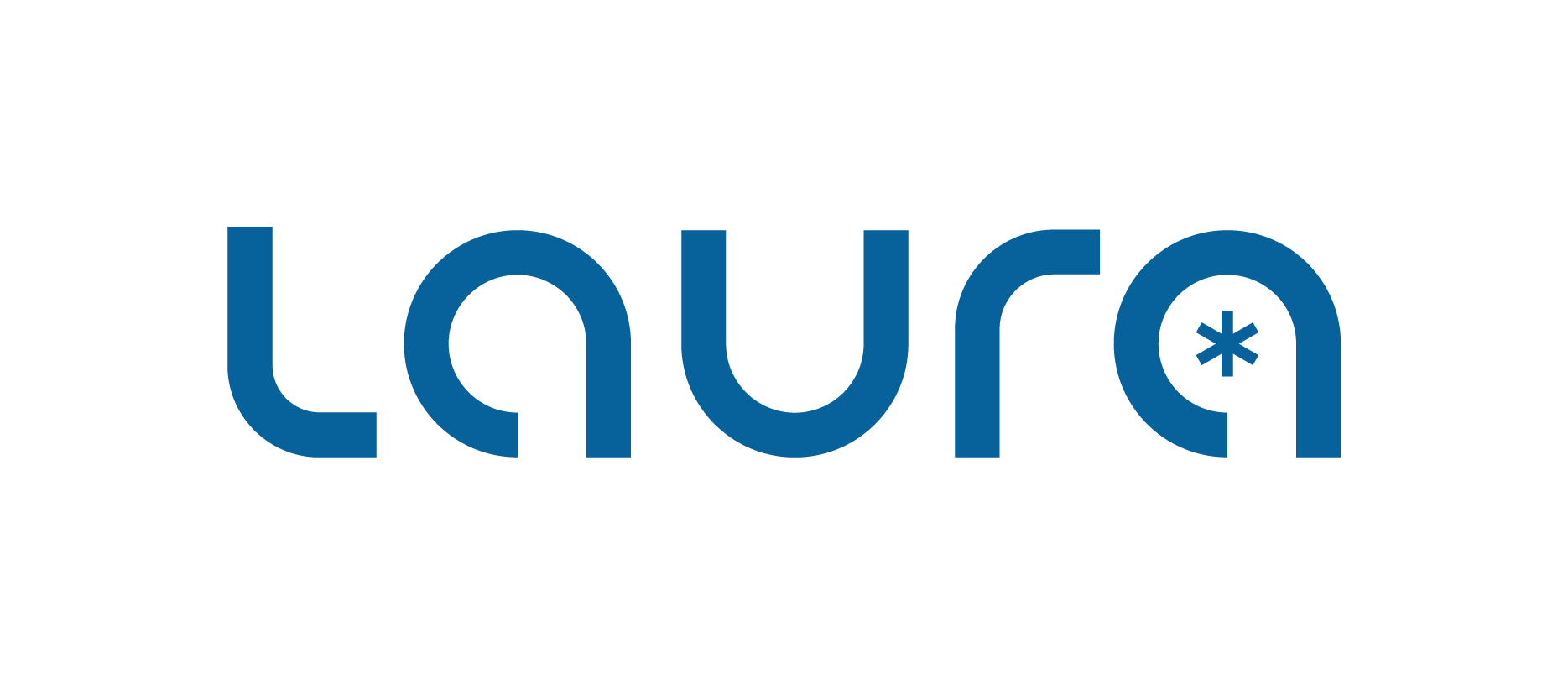Postdoctoral Research Fellow (Quasi-Realism project)/ Tutkijatohtori (Quasi-Realism -projekti)

Tampere University and Tampere University of Applied Sciences create a unique environment for multidisciplinary, inspirational, and high-impact research and education. Our universities community has its competitive edges in technology, health, and society. Read more: www.tuni.fi/en
Faculty of Social Sciences at Tampere University invites applications for a 2-year fixed-term post-doctoral researcher position. The starting date as agreed upon between September 2024 and January 2025 (in exceptional cases an even later date in the spring of 2025 may be possible).
The post-doctoral researcher position is in the project Quasi-realism – Carrying Out the Project of Vindicating Normativity without Embracing the Mystery, funded by the Research Council of Finland.
Description of the project:
Goodness, wrongness, justice. Some things seem to have such normative properties. Enjoyment is good. Waging a war of conquest is wrong. And leaving a healthy planet for the future generations is required by justice. These claims seem to be true. But what are these claims about? How can there be normative (e.g., moral) truths such as these? What is it to be good, wrong, or just? How can we explain the meaning of sentences such as 'Waging a war of conquest is wrong'? And given that waging a war of conquest is wrong, how can we know this? These are some of the fundamental questions in the field of metaethics, or in the study of the meaning and nature of normative language and reality.
One of the most exciting research programs in the field of metaethics, in recent decades, is that of quasi-realism. Quasi-realism is, very briefly, an attempt to combine two ideas: (1) that there are objective normative truths or standards (e.g., regarding how we ought to live), and (2) that we can nevertheless accept that expressivist idea that the nature and meaning of normative thought and talk is explained by their functioning to express our practical commitments, sentiments, or attitudes of opposition and support. Quasi-realism is a prominent research program in contemporary metaethics. Yet it’s also a strikingly incomplete research program. A number of central problems in philosophy of language, metaphysics, and epistemology remain to be solved – or even addressed – by quasi-realists.
The core aim of the project is to help complete the quasi-realist research program in metaethics, and thereby to crucially improve our understanding of the meaning of normative (e.g., moral) language, of the nature of normative truths, and of our ways of knowing about them. Some of the central questions that we are interested in concern, for example, whether expressivists can give a unified enough metasemantics for the meaning of normative language, the relationship between expressivism and inferentialism, the nature of the expression relation, what quasi-realists should say about the nature of normative properties, the distinction between the normative and the descriptive, what quasi-realists should say about claims of the form ‘A is wrong because it is D’, the modal status of normative principles, the explanation of our reliability with regard to tracking normative truths, and how normative uncertainty is to be understood from a quasi-realist viewpoint.
In addition to the postdoctoral research fellow to be hired, the research team consists of Teemu Toppinen (PI) and Vilma Venesmaa.
Job description
The successful candidate is expected to work on issues relevant to carrying out the quasi-realist project, to publish their work in the leading or very high-quality journals, to attend and to present their work in the project meetings, and to help with organizing international workshops on topics relevant to the project. They are also expected to carry out teaching and administrative duties for 5-10% of their working time.
Requirements
To be eligible for the post of post-doctoral researcher, candidates must have a PhD in philosophy. Applicants must have excellent written and oral English language skills.
The successful candidate will be expected to be able to carry out high-quality, independent scientific research, and to work collaboratively as part of a research team. We expect a successful candidate to already have produced high quality work on topics directly relevant to quasi-realism.
We offer
The position is a fixed-term contract for a 2-year period, starting as agreed upon between September 2024 and January 2025 (in exceptional cases an even later date in the spring of 2025 may be possible).
The post of post-doctoral researcher will be at levels 5–6 in accordance with the university pay scale for teaching and research staff. The typical starting salary is between 3500e and 3800e/month. The employment relationship is governed by the Employment Contracts Act six-month probationary period.
We offer a wide range of staff benefits, such as occupational health care, flexible working hours, excellent sports facilities on campus and several restaurants and cafés on campus with staff discounts. Please read more about working at Tampere University.
How to apply
Applications should be written in English and submitted electronically via the Tampere University’s electronic recruitment system (link below). The closing date for applications is August 8, 2024 (at 23:59 EET/UTC +3). The interviews of the top candidates will be held in August.
The following documents should accompany your application:
(1) Curriculum Vitae
(2) List of publications
(3) A research proposal (max. 2 pages) explaining how your work relates to the themes of the project and how you would like to focus your future research in the context of the project
(4) Possibly: letters of recommendations [this is completely optional, but letters may be included, if the candidate feels that they will provide relevant further information]
Additional information
For further information please contact the Quasi-Realism PI, Associate Professor (tenure track) Teemu Toppinen, teemu.toppinen[at]tuni.fi (no questions will be replied to in July).
***
Tampereen yliopisto ja Tampereen ammattikorkeakoulu muodostavat yhdessä Suomen toiseksi suurimman monitieteisen, innostavan ja vaikuttavan tutkimus- ja oppimisyhteisön. Korkeakouluyhteisömme osaamiskärjet ovat tekniikka, terveys ja yhteiskunta. Lue lisää: www.tuni.fi
Tampereen yliopiston yhteiskuntatieteiden tiedekunta hakee tutkijatohtoria Suomen Akatemian rahoittamaan hankkeeseen Quasi-Realism– Carrying Out the Project of Vindicating Normativity without Embracing the Mystery. Työsopimuksen kesto on kaksi vuotta. Aloitusaika sopimuksen mukaan välillä syyskuu 2024–tammikuu 2025 (erikoistapauksissa jopa myöhäisempi aloitusajankohta keväällä 2025 voi olla neuvoteltavissa).
Projektin kuvaus:
Vapaus on arvokasta; Ukrainaan hyökkääminen oli väärin. Nämä väitteet näyttävät olevan tosia. Mutta miten tällaisia normatiivisia totuuksia voi olla olemassa? Mitä on olla väärin? Mitä 'väärin' tarkoittaa? Ja miten voimme saada tietoa arvokkuudesta tai vääryydestä? Tällaisia kysymyksiä tutkitaan metaetiikan alalla. Kvasi-realismi on metaeettinen näkemys, jossa yhdistyy kaksi ajatusta: (1) normatiivisen kielen ja ajattelun merkitys selittyy sillä, että ne ilmaisevat meidän asenteitamme ja tuntemuksiamme - ilman viittausta mihinkään todellisuuden erityisesti normatiivisiin piirteisiin tai ominaisuuksiin; mutta (2) objektiivisia (esim. moraalisia) totuuksia ja standardeja on kuitenkin olemassa. Vaikka kvasi-realismi onkin keskeinen näkemys metaetiikassa, sen kehittely on jumiutunut puolitiehen. Esimerkiksi moniin relevantteihin kielifilosofisiin, metafyysikan ja epistemologian kysymyksiin tarvitaan edelleen vastauksia. Tämän hankkeen tarkoituksena on ottaa kvasi-realistisessa projektissa merkittäviä harppauksia eteenpäin.
Tehtävänkuvaus
Tutkijatohtorin tehtävänä on tehdä tutkimusta projektin teemoihin liittyvistä aiheista, julkaista tätä tutkimusta korkealaatuisissa kansainvälisissä filosofian alan julkaisuissa ja osallistua projektin toimintaan (esim. osallistua projektitapaamisiin, auttaa workshopien järjestämisessä, jne.). Tehtäviin kuuluu myös opetusta ja hallinnollisia tehtäviä (5–10% työajasta).
Hakuohjeet
Lue tarkemmat tiedot tehtävästä ja hakuohjeet yllä olevasta englanninkielisestä ilmoituksesta. Jätäthän hakemuksesi yliopiston sähköisellä hakulomakkeella (linkki löytyy tämän ilmoituksen alta).



